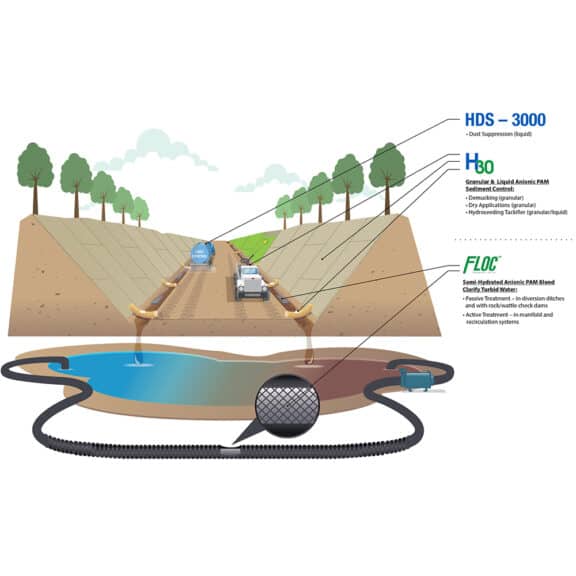
Soil Stabilization Polymers
Soil stabilization polymers are a group of soil-specific polyacrylamide (PAM) co-polymer powders and emulsions
Erosion control soil stabilization polymers prevent erosion and control sediment. Furthermore, they reduce the erosion of fine particles and colloidal clays from water. Lastly, these additives work to enhance moisture retention for vegetative growth.
HDS 3000: A Non-corrosive/Non-toxic dust suppressant
Because of its unique formulation, this dust suppressant lasts weeks. This is, of course, dependent on the site and environmental conditions. Furthermore, HDS 3000 is not as corrosive, has a low chloride content, and is not formulated with chloride salts or inorganic salts of any kind. In fact, by using HDS 3000 construction professionals utilize an environmentally-safe product that does not track out when trucks leave the site.
Where do professionals apply HDS 3000?
- Construction Sites
- Haul Roads
- Landfills
- Mining Operations
- Mineral Processing
What are the benefits of HDS 3000 in comparison to other soil stabilization polymers?
- Requires Less Water
- Reduces Labor Expenses
- Decreases Equipment Use (minimizes wear/tear)
- Reduces Fuel Costs
HydroLoc H30 PAM: A Linear Anionic Polymer (PAM)
H30 PAM is a granular, non-toxic soil binding agent manufactured to Carolina Hydrologic’s specifications. Furthermore, H30 PAM is recognized as a best management practice (BMP) by the United States Environmental Protection Agency. It is certified pursuant to the United States Environmental Protection Agency 821-R-02-012 testing protocol.
Dry Applications for HydroLoc H30 PAM:
- Channel/Ditch Lining with Jute Matting
- Demucking Sediment Basins (thickens sediment)
- Under Erosion Control Blankets
- Wattles/Rock Check Dams
What are the benefits of HydroLoc H30 PAM hydroseeding?
- Reduces Erosion/Sediment Load
- Improves Water Infiltration and Enhances Germination
- Superior Tackifier
Silt® Stop 700 Series Powders: Soil-specific anionic polyacrylamide co-polymer powder/granules
Not only does Silt Stop prevent erosion of fine particles and colloidal clays, but also it decreases stormwater turbidity and enhances vegetation. Construction professionals apply dry Silt Stop with a spreader or by hand. Liquid or dissolved Silt Stop may be applied with a hydroseeder, water truck, or spraying device.
What are the key benefits of the Silt Stop 700 Series Powders?
- NSF/ANSI/CAN Standard 60
- Anionic PAM Safe for Fish
- Toxicity Tested Per EPA Standards
- Site-Specific Tailored Formulas
- Holds Sediment, Seeds, and Fertilizers in Place During Weather Events
- Helps Vegetation Establish Faster
- And, More!
Floc Product Suite: Linear Anionic Polymers (PAM)
Our Floc Product Suite (FPS) is a proprietary blend of non-toxic soil-binding agents. Use the semi-hydrated FPS in both active and passive treatment applications. All products have negative charges and do not alter pH. Furthermore, the FPS enables the flocculation of fine soil particles. As a result, the soil particles settle. In turn, reducing the turbidity of the water column. Our FPS has 97.3% active ingredients and NO FILLERS. The FPS is certified pursuant to the United States Environmental Protection Agency 821-R-02-012 testing protocol.
What applications benefit from the Floc Stabilizing Polymers?
- Diversion Ditches/Swales and with Rock/Wattle Check Dams (passive treatment)
- Stormwater Drains, Curb Inlets, and Catch Basins (passive treatment)
- Manifolds, Other Treatments, and Recirculation Systems (active treatment)
What is a Superabsorbent Polymer?
A superabsorbent polymer is a water-absorbing polymer that retains extremely large amounts of liquid relative to its own mass. It is common to see this technology mixed into a tank when hydro mulching to enhance the performance of the mulch. Water-absorbing polymers, which are classified as hydrogels when mixed, absorb aqueous solutions through hydrogen bonding with water molecules.
What are the benefits of Superabsorbent Polymers?
Superabsorbent polymers withstand numerous wet/dry cycles. The product releases moisture to plant root hairs and is replenished like a water reservoir whenever the soil receives rain or water irrigation. Then, during dry cycles plants tap into the moisture retained within the superabsorbents on demand.
Connect With An Expert Today
Case Studies
From solving challenging application issues to severe weather response, there is no better partner than Ferguson Waterworks. Let our past performance speak for itself.

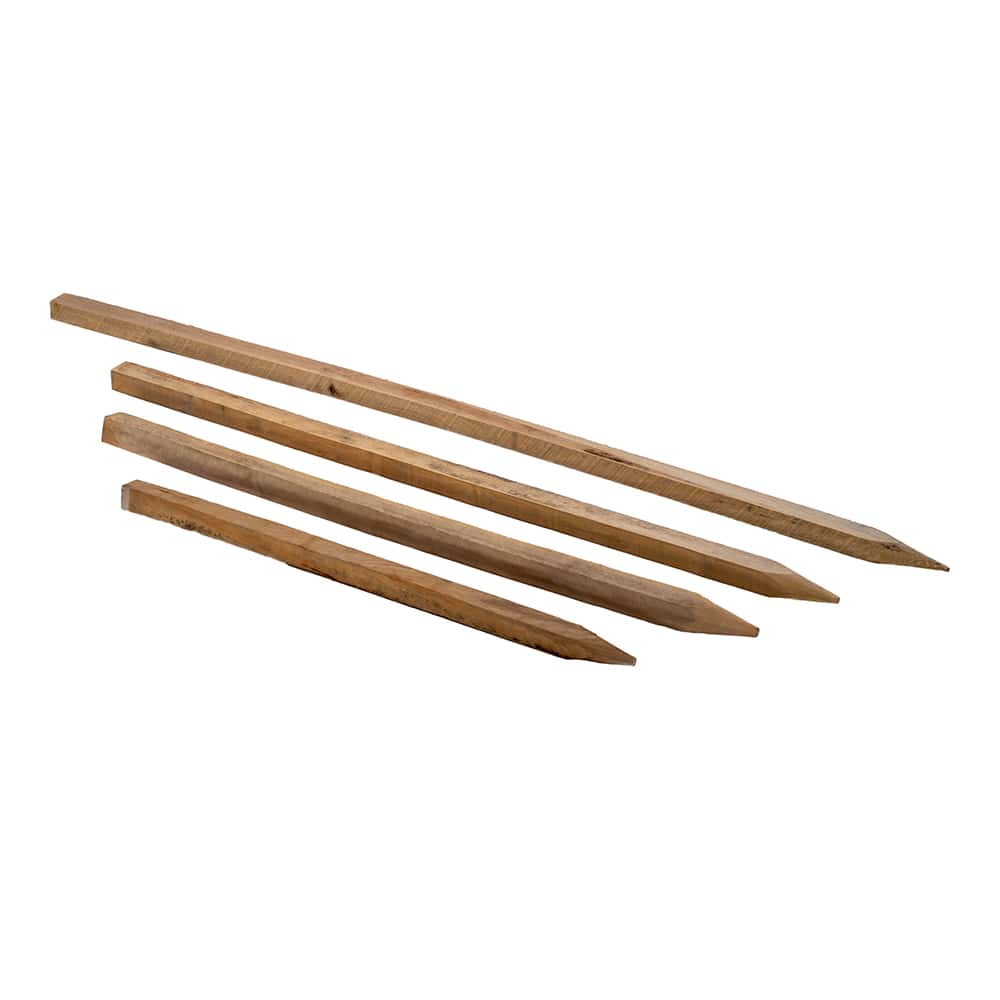 Wood Stakes
Wood Stakes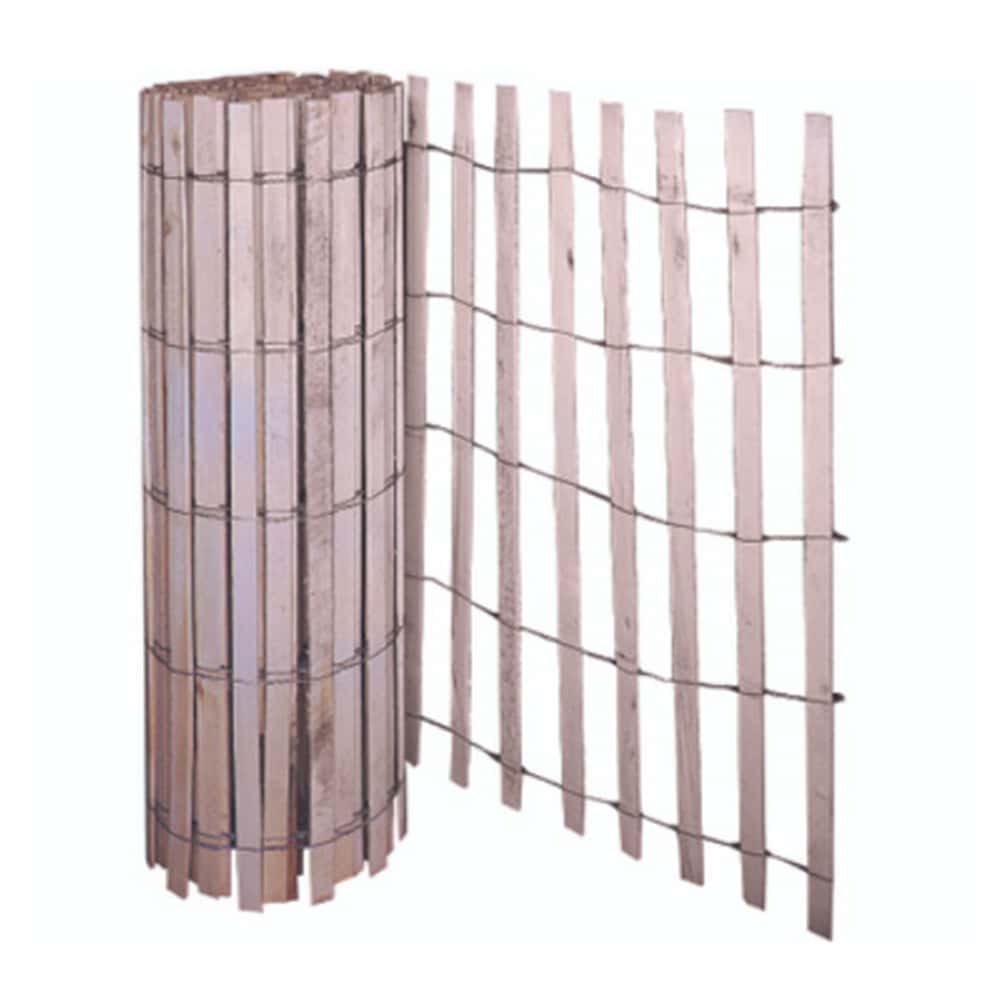 Wood Safety Fence
Wood Safety Fence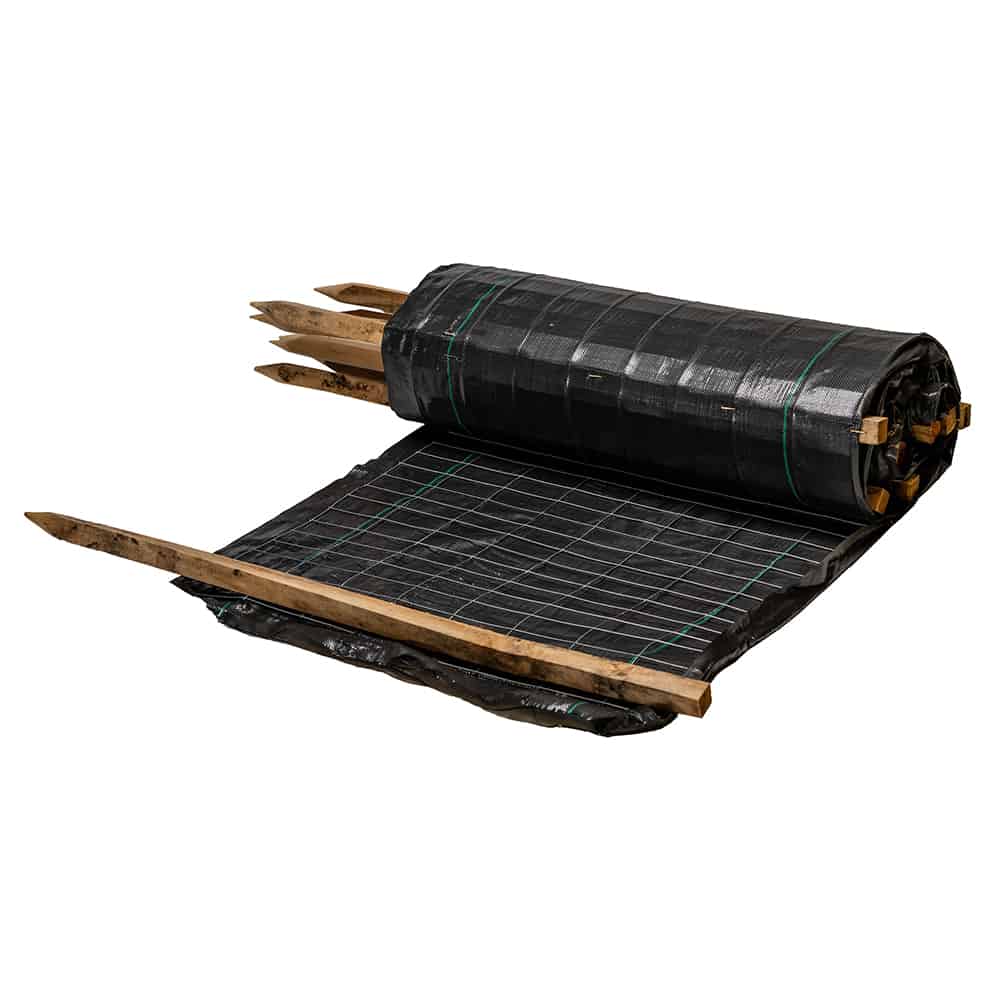 Wire-backed Silt Fence
Wire-backed Silt Fence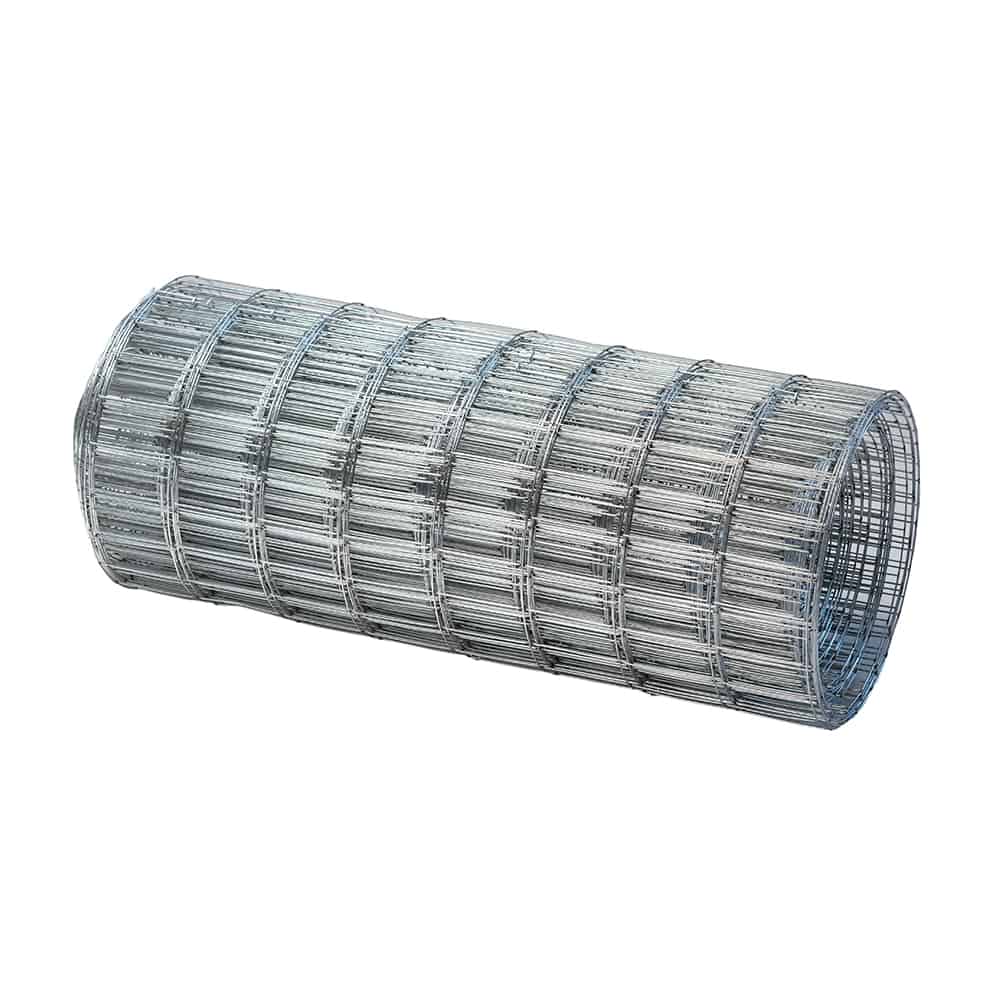 Welded Wire Fence
Welded Wire Fence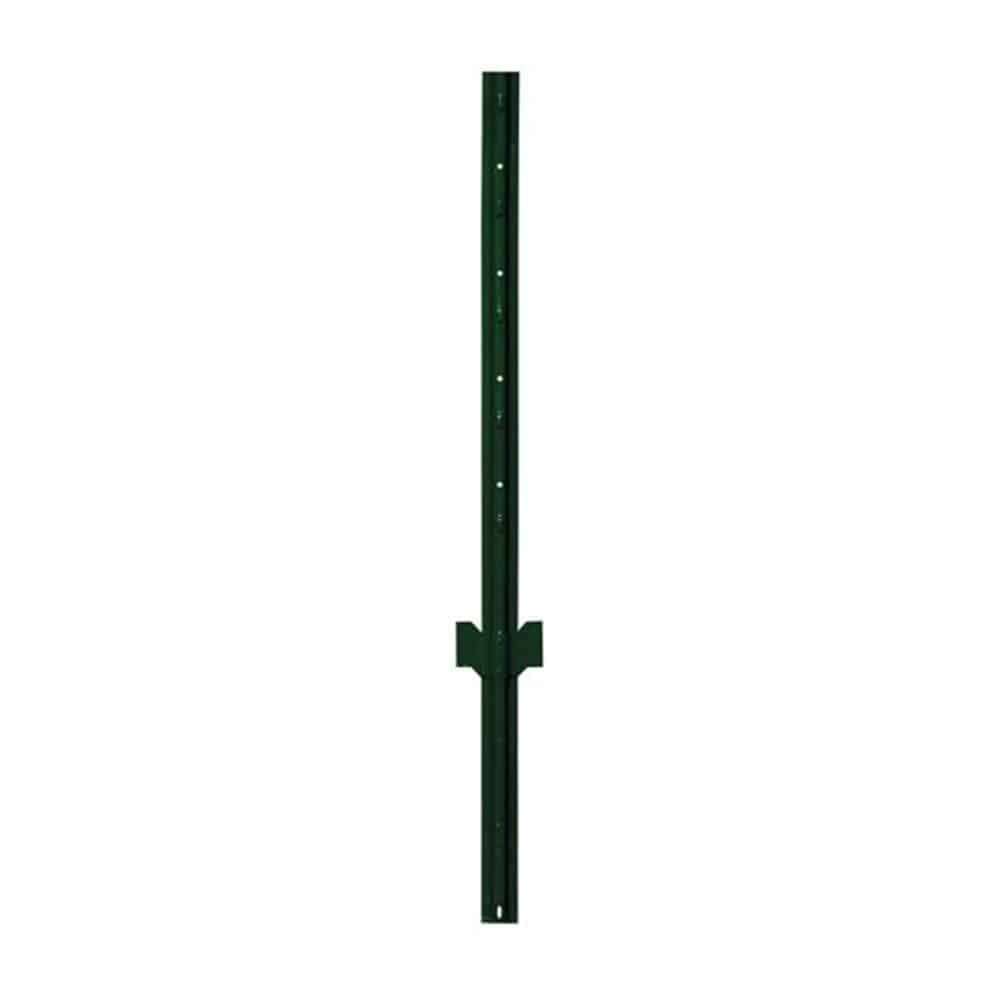 U-Posts
U-Posts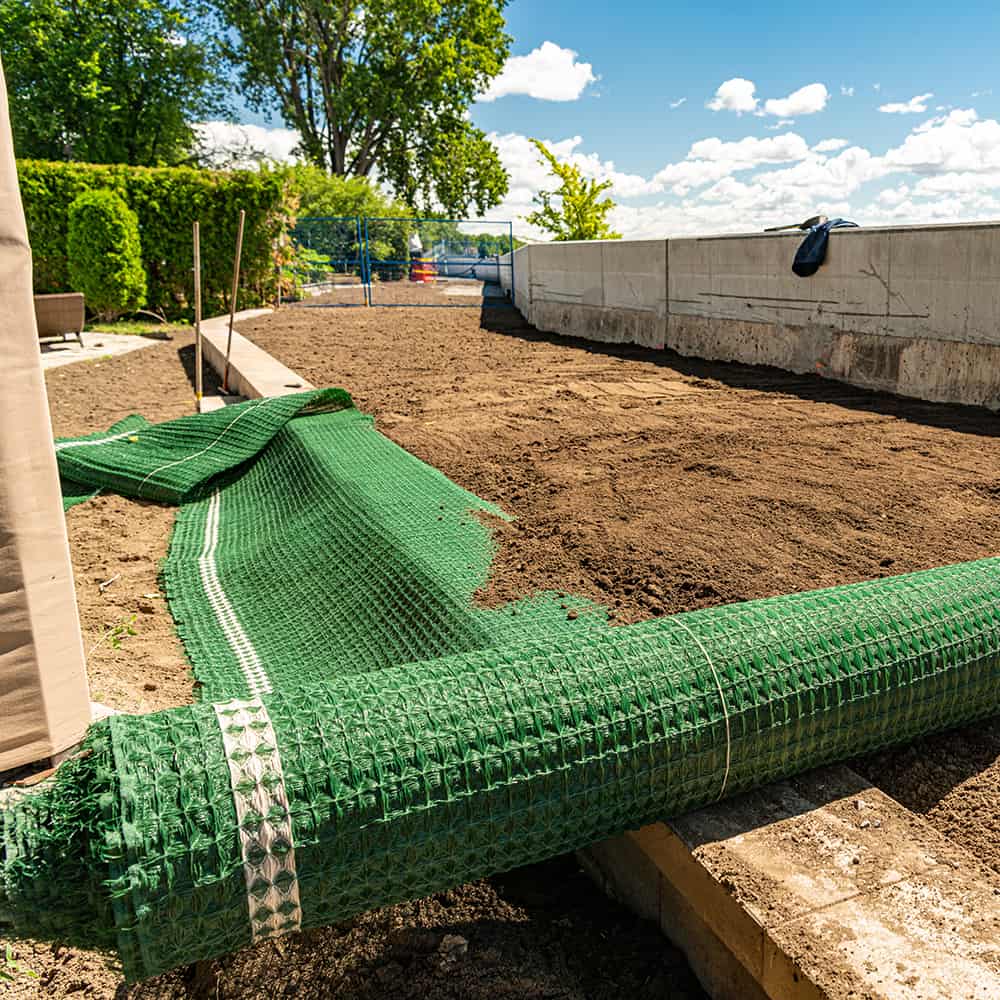 Turf Reinforcement Mats (TRMs)
Turf Reinforcement Mats (TRMs)